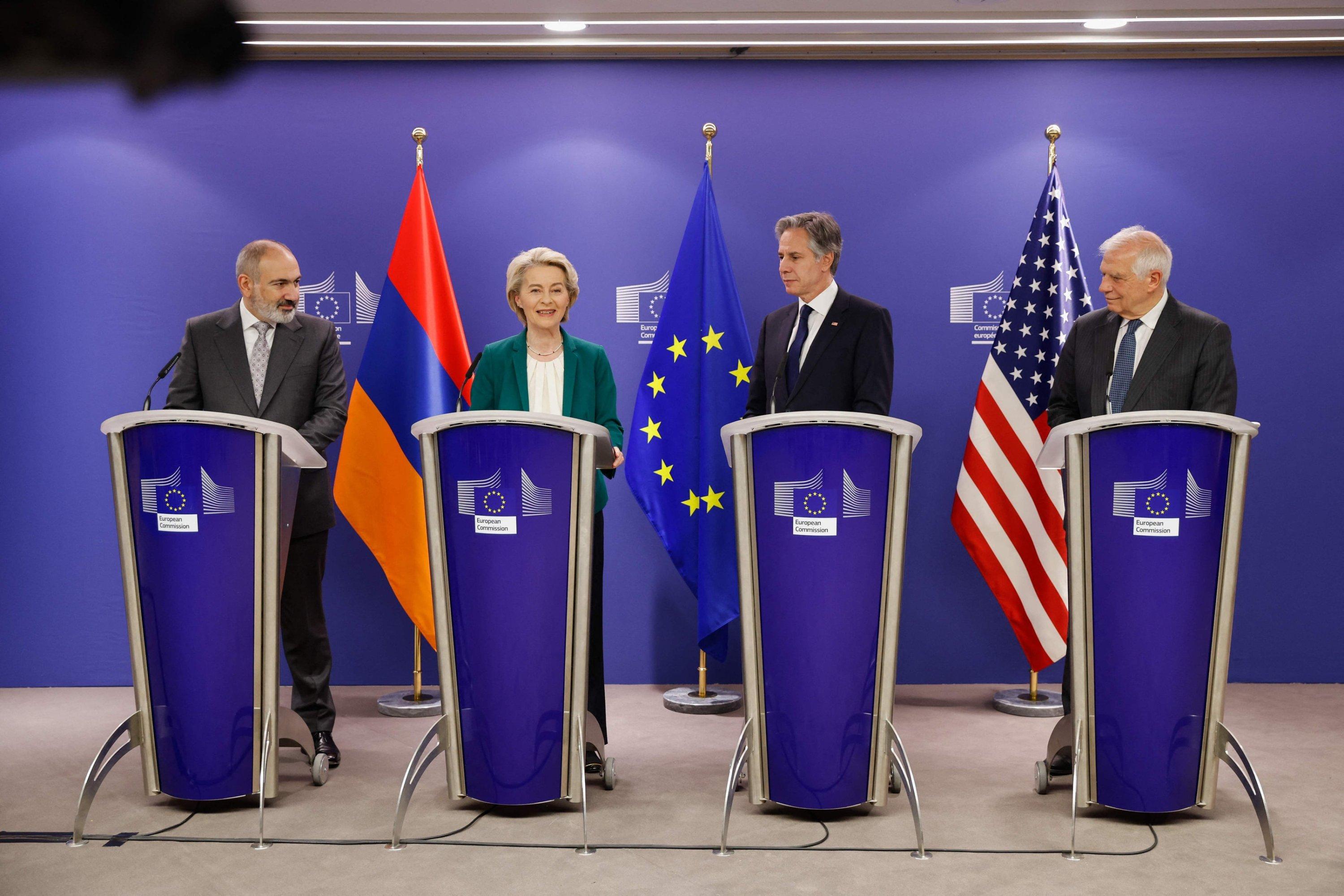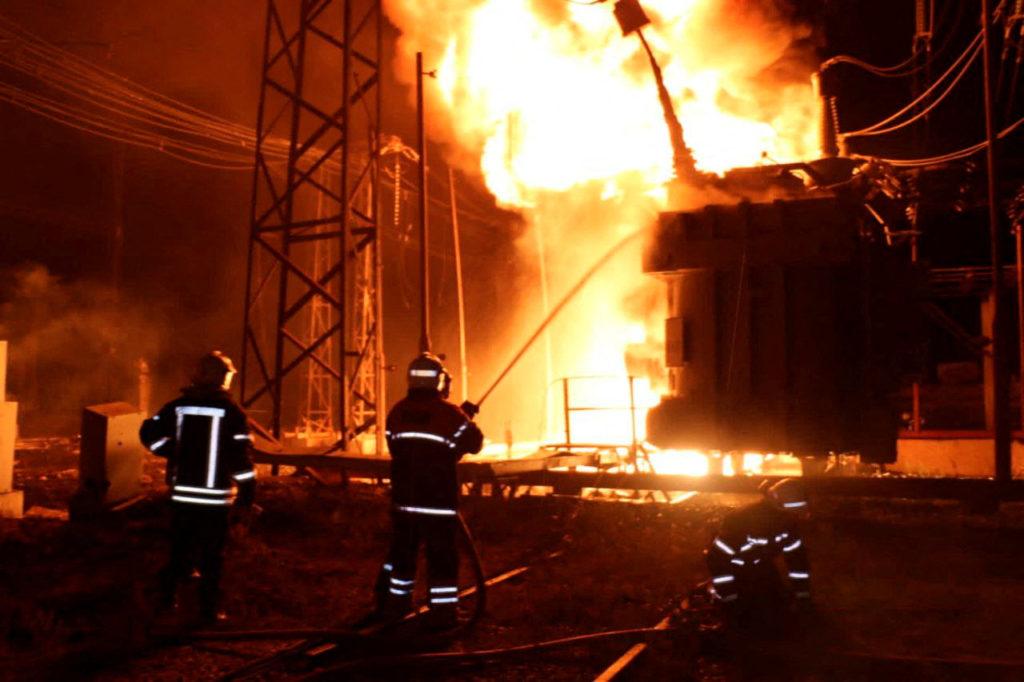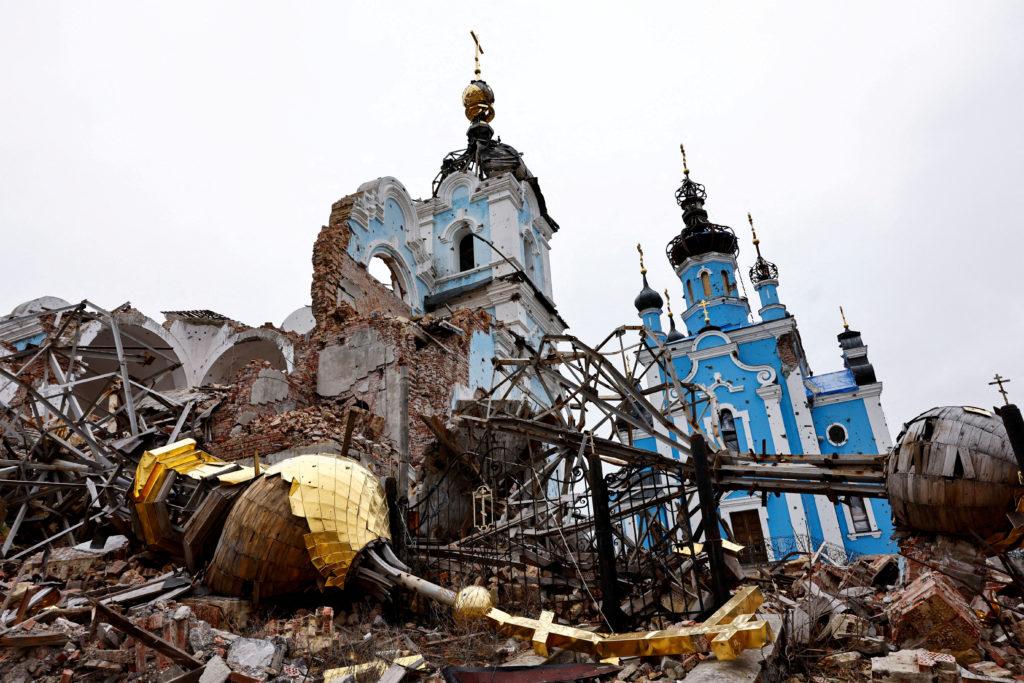Armenia's diplomatic dance in Moscow: Balancing act amid geopolitical tensions West's dilemma in sanctions & double standards
Armenian Prime Minister Nikol Pashinyan's latest visit to Moscow for the May 8 meeting of the Supreme Eurasian Economic Council and subsequent one-on-one with President Vladimir Putin garnered substantial anticipation not only in Russian and Armenian circles but also in many European capitals.
The high-profile nature of these events has garnered significant attention from local and foreign experts, underscoring the broader geopolitical implications and strategic importance for Russia in maintaining Armenia within its sphere of influence. This visit was designed to send a clear message to global rivals that Kremlin-dominated structures, of which Armenia is a member, remain intact and essential to Russia's regional influence and stability.
The visit also came amid ongoing criticism from Russian officials of Armenia's perceived divergence from traditional Kremlin influence, adding a layer of complexity to the dynamics between the two countries within the Eurasian Economic Union (EAEU) and broader regional geopolitics.
The interactions between Pashinyan and Putin held strategic importance in addressing concerns surrounding Armenia's evolving foreign policy orientation and its impact on Russia-Armenia relations. The outcome of the discussions is being closely watched as Armenia navigates complex geopolitical landscapes and seeks to re-orientate interests with the West after 2020.
Pashinyan's meeting with Russian President Vladimir Putin, marking their first significant engagement since December 2023 with limited prior contact, holds profound significance for regional dynamics and Western interests. Amid Western pressure urging Yerevan to distance itself from Kremlin-dominated entities, including advocacy from within Pashinyan's own ruling team for closer ties with the EU, this meeting underscores Armenia's delicate balancing act between traditional alliances and aspirations for European integration.
The Kremlin's emphasis on the importance of this meeting reflected deeper tensions and strategic reassessments, particularly amidst Armenia's evolving relations with Western powers and internal pressures for political reform. The dialogue between Pashinyan and Putin is pivotal for clarifying Armenia's position within Russia's sphere of influence and navigating regional dynamics amid shifting geopolitical landscapes.
Putin-Pashinyan meeting: Much ado about nothing
After a prolonged absence of one-on-one meetings between Putin and Pashinyan in Moscow, their recent encounter amidst Russia's ongoing conflict in Ukraine was notably focused on economic relations.
The video clip of their meeting, emphasized by Vladimir Putin of Armenia's successful cooperation with Russia and the Eurasian Economic Union (EAEU), showcases, the economic benefits Armenia derives from this partnership.
This narrative underscores Armenia's adeptness in managing intricate political dynamics with Moscow while leveraging robust economic ties, particularly in light of Russia's urgent technological needs amid international sanctions stemming from its war in Ukraine.
Armenia plays a pivotal role in supporting Russia by supplying crucial technologies, including chips and spare parts, sourced from various destinations such as China, the Middle East, and beyond.

This strategic partnership between Russia and Armenia underscores the latter's vital role in bolstering Moscow's resilience against international sanctions, showcasing a relationship marked by deep interdependence and strategic cooperation.
Despite Armenia's smaller size relative to Russia, the ongoing cooperation between the two nations is driven by Russia's urgent technological needs and Armenia's crucial role in meeting Moscow's requirements amid geopolitical tensions.
The perception of double standards: West's dilemma in sanctions
This partnership takes on added significance in the context of Western sanctions and Europe's response to the conflict in Ukraine. As Russia relies on Armenia for critical technologies, including chips, to support its operations, this dependency underscores the broader implications for Ukraine and the geopolitical landscape. The flow of technologies through Armenia raises minimum ethical questions about the impact on Ukraine's infrastructure and civilian population, highlighting the complex interplay between international relations, technology supply chains, and regional stability.
Armenia's active role in supporting Russia to evade sanctions raises profound ethical and diplomatic concerns, especially against the backdrop of the devastating conflict in Ukraine. The European Union's ongoing support for Armenia, despite awareness of its involvement in facilitating the circumvention of biting anti-Russian sanctions, underscores a troubling inconsistency in diplomatic principles and actions.

The juxtaposition of the EU's condemnation of Russia's actions in Ukraine with its tacit acceptance of Armenia's sanctions-evading activities highlights a complex web of diplomatic duality and hypocrisy. This disparity calls into question the EU's commitment to upholding consistent principles across international relations, revealing a pragmatic approach that seems to prioritize certain strategic interests over broader ethical imperatives.
By continuing to support Armenia while turning a blind eye to its role in enabling Russia's actions, the EU compromises its credibility. This diplomatic ambiguity undermines efforts to promote accountability and uphold international norms, ultimately raising fundamental questions about the efficacy and integrity of the EU's foreign policy stance amid ongoing geopolitical challenges.
This juxtaposition underscores the complex realities of international relations, where strategic alliances and geopolitical considerations often challenge principles of consistency and moral clarity.
The complex and beneficial relationship between Moscow and Yerevan is highlighted by recent reports of a significant trade turnover exceeding seven billion dollars, as announced by President Vladimir Putin during a meeting with Armenian Prime Minister Nikol Pashinyan.
This record-breaking trade volume underscores Armenia's newly-found role in economic relations with Russia, especially within the framework of the Eurasian Economic Union (EEU), where Armenia emerges as a major beneficiary despite lacking direct borders with EEU countries.
Putin's presentation of statistics to Pashinyan, revealing the substantial growth in trade between Armenia and Russia, further underscores the economic interdependence between the two nations. This economic relationship has become particularly strategic for Russia amid global sanctions, with Armenia playing a crucial role in facilitating Russian access to goods and technologies from sanctioned sources like the UAE, China, and Europe, effectively circumventing restrictions.
Armenia's role as a re-exporter to Russia, including critical electronic equipment for missile manufacturing, highlights the geopolitical maneuvering where Armenia, while maintaining deep economic ties with Russia, also navigates diplomatic gestures towards the West.

Pashinyan's recent suspension of financing to the Collective Security Treaty Organization (CSTO), timed around his meeting with Putin, illustrates this delicate balancing act aimed at assuaging Western concerns while maintaining economic gains from its partnership with Russia.
Despite the imbalance, the current level of the economic relations between Armenia and Russia remains suspicious and asks questions worth millions of dollars given Russia’s dominant share of the Armenian economy. Pashinyan's approach reflects a strategic game to leverage benefits from both Russia and the West, showcasing Armenia's adeptness in navigating complex geopolitical dynamics for its national interests.
The perception of double standards in the West's approach to sanctions against Russia amid its conflict in Ukraine raises critical questions about ethical consistency and geopolitical pragmatism. On one hand, Western nations impose stringent sanctions on Russia, targeting its economy and strategic sectors to pressure Moscow to cease hostilities in Ukraine. These sanctions are intended to exert economic and diplomatic pressure on Russia, holding it accountable for its actions in the conflict.


However, the efficacy of these sanctions is undermined by the awareness that certain nations, including Armenia, facilitate Russia's circumvention of sanctions by importing and re-exporting vital spare parts and technologies used in the production of military equipment, including missiles. This indirect support enables Russia to sustain its military operations in Ukraine, prolonging the conflict and contributing to the destruction of Ukrainian infrastructure and loss of civilian lives.
The West's selective approach to addressing these issues reflects a complex web of geopolitical considerations. While the West publicly denounces Russia's actions and imposes sanctions to demonstrate accountability, there is limited proactive action taken against countries aiding Russia's efforts to evade sanctions. This perceived inaction or leniency raises concerns about the integrity and effectiveness of Western sanctions policies, especially in the face of ongoing humanitarian crises resulting from the conflict in Ukraine.








